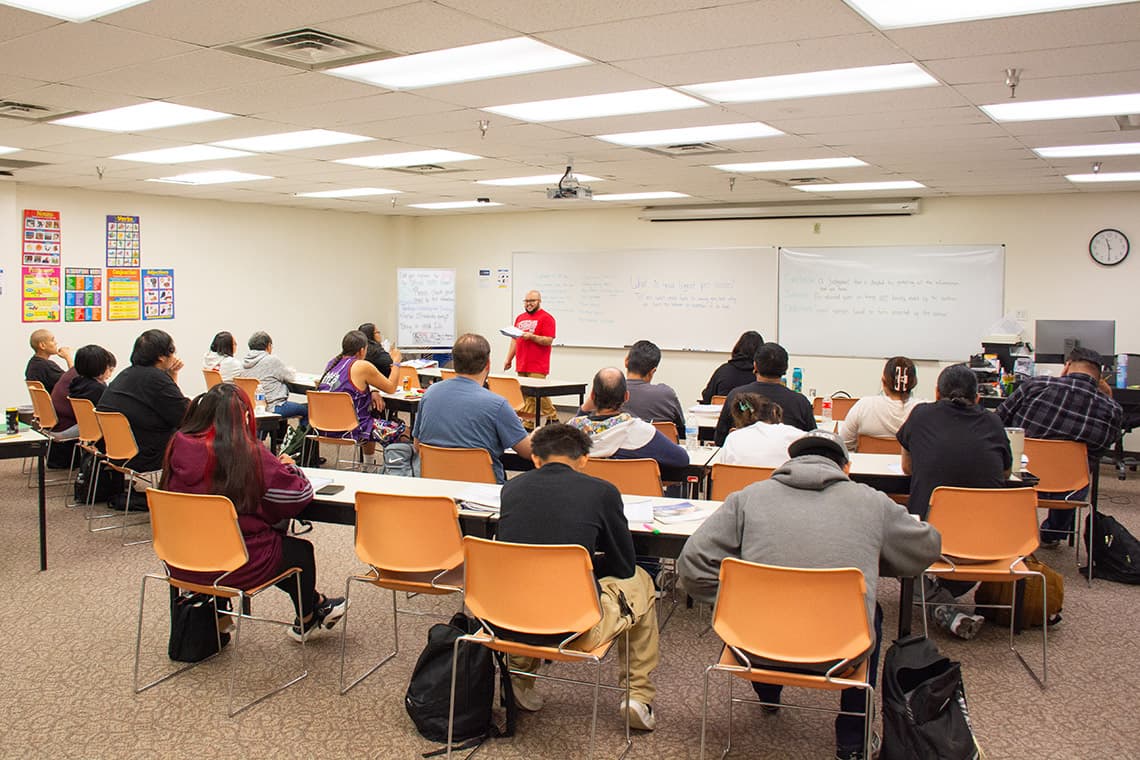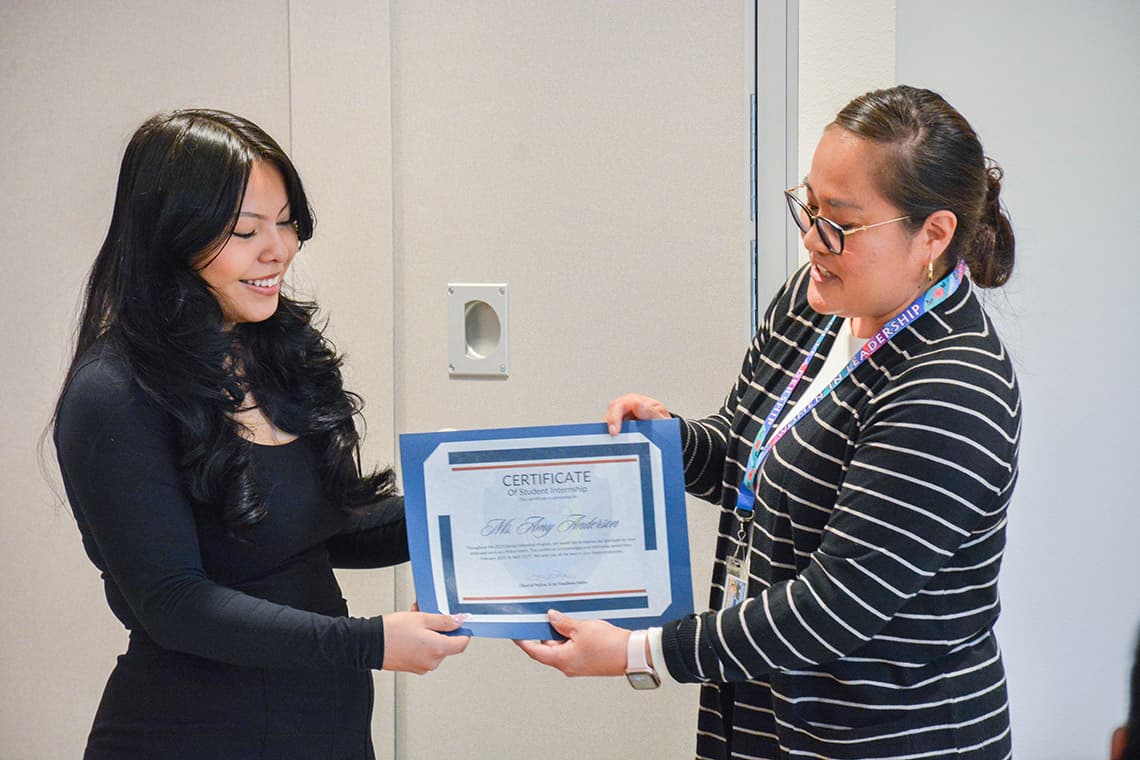Local high school football coaches trained, district fined over concussion protocol
The Miyamura Patriots were forced to forfeit their Oct. 17 game after an investigation found coaches allowed a player with possible concussion symptoms to return to play. The New Mexico Athletic Association ordered additional concussion training for coaches and fined Gallup McKinley County Schools, a reminder of the legal and health protections for student athletes.
Listen to Article
Click play to generate audio

The Miyamura Patriots forfeited their Oct. 17 game against the Capital Jaguars after the New Mexico Athletic Association opened an investigation into whether coaches followed concussion protocol. The inquiry found that a Patriot player who showed potential signs of a concussion on Oct. 10 continued to play and later appeared in the Oct. 17 game, prompting officials to conclude protocols were not followed.
The situation began during the Oct. 10 game against the Belen Eagles, when Patriot quarterback Salid Rashid collided with an opponent and allegedly suffered a concussion. Despite that injury, he remained in the game and returned to practice in the days before the Oct. 17 matchup with Capital. Capital coaches and staff raised concerns about Rashid playing during the Oct. 17 game shortly after the Patriots scored their second touchdown, and the New Mexico Athletic Association was alerted and opened an investigation.
State law enacted in 2016 governs the safety response for suspected brain injuries in school sports. The legislation requires training on concussions for students, athletes and their guardians, immediate removal from play if a concussion is suspected, signed acknowledgement that brain injury training was received, and a minimum 10 day exclusion from practice after a concussion. Once the NMAA concluded its review, it determined the Patriots football coaches must complete concussion training and assessed a $100 fine against Gallup McKinley County Schools for breaching protocol.
Gallup McKinley County Schools Superintendent Mike Hyatt said he was notified of the incident and the investigation promptly. He described the findings and the gap in understanding that led to the violation. He said, "The NMAA looked into it and we looked into it on our side and we came to the conclusion that the student athlete did show potential signs of a concussion. The athlete stayed out of the game for the rest of that particular game, but then when they played Capital the coaches played the student athlete when they shouldn’t have." Hyatt added, "What it sounded like was they had a misunderstanding of the rule because it wasn’t ruled as a concussion. From what I understand through the investigation, they thought the student athlete could play, but the rule is very clear that even potential symptoms that could be a concussion still can’t play the student athlete."
The incident highlights local public health and safety concerns around youth sports. Concussions are brain injuries that can have short term and long term consequences if not recognized and managed properly. For families in McKinley County the episode underscores the importance of clear communication among coaches, parents and school officials, and consistent enforcement of protections designed to keep students safe.
Patriots head coach Dave Foley did not respond to the Sun’s request for comment on the situation. The NMAA action and the district response are likely to prompt closer attention to training, oversight and community education about concussion safety at school sporting events.


